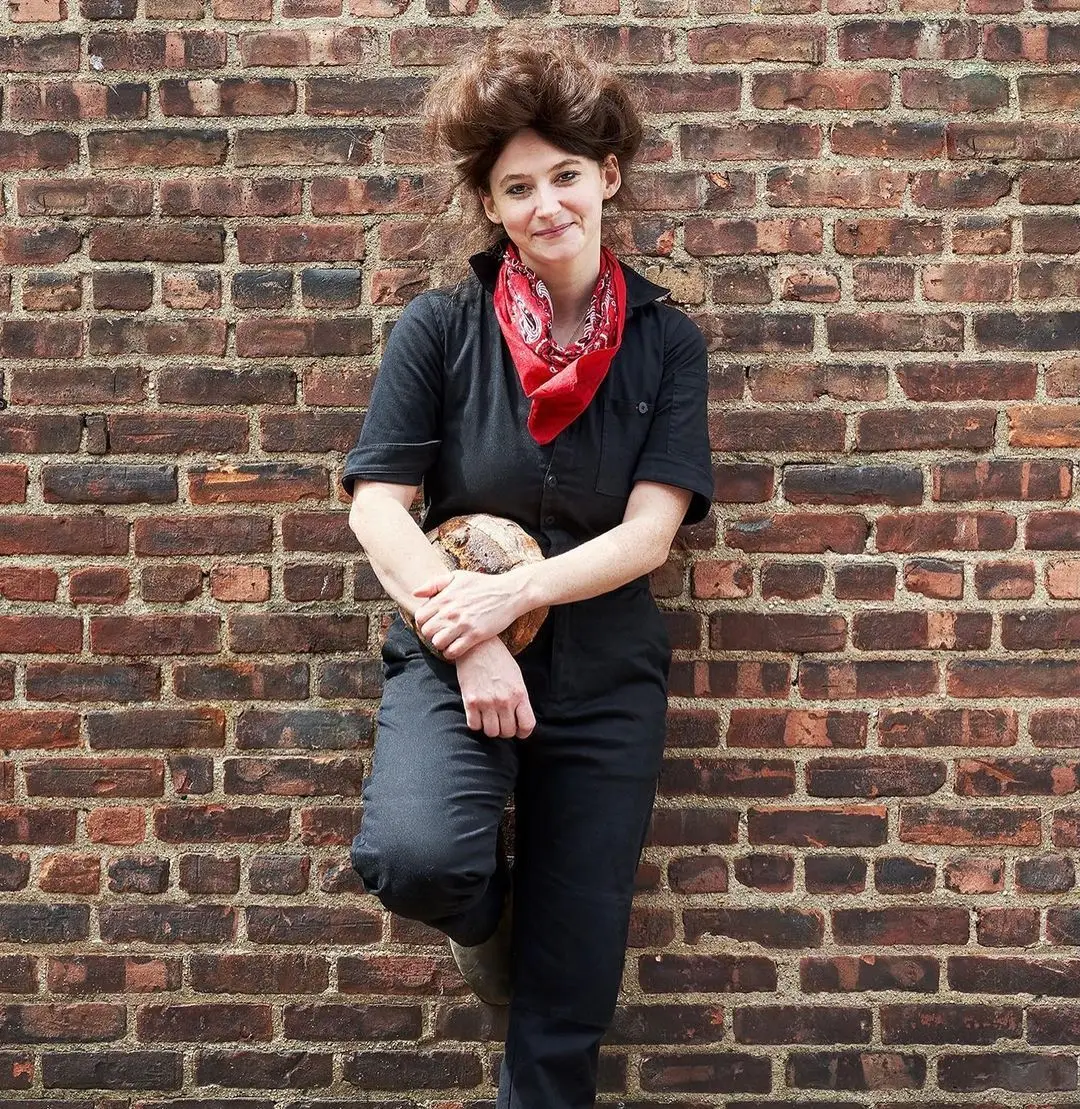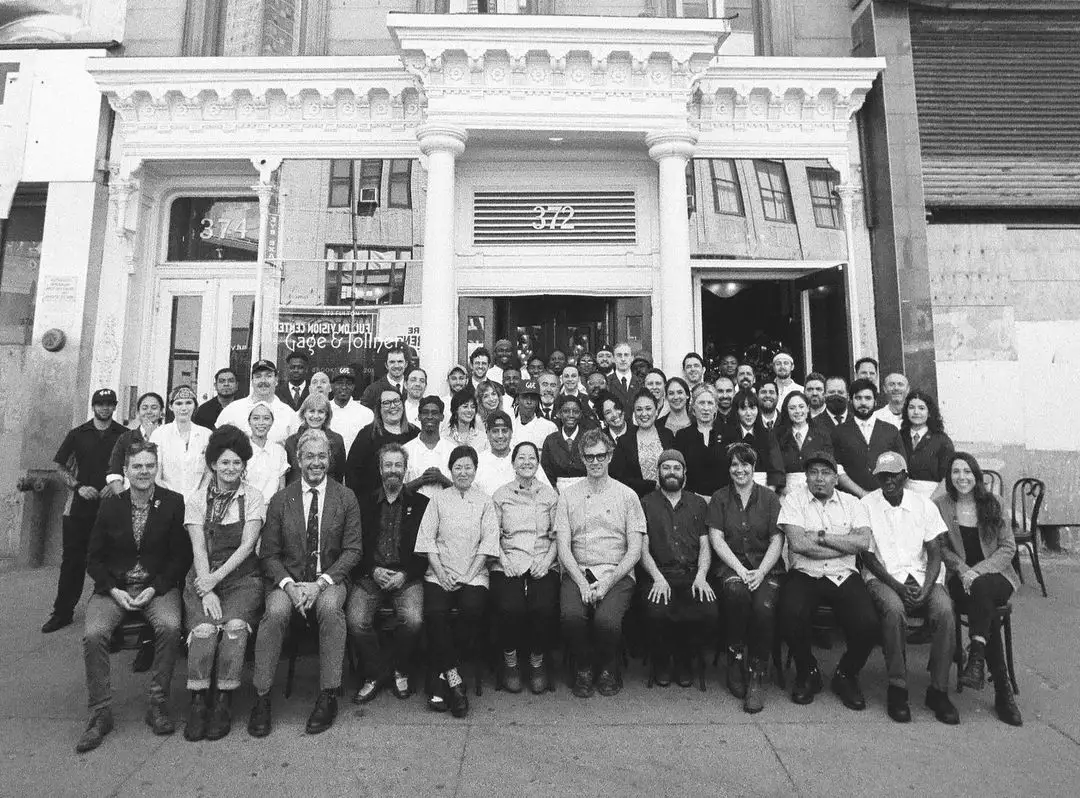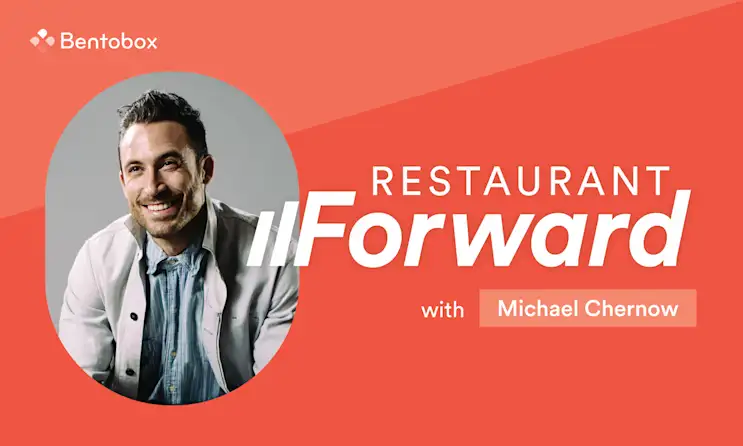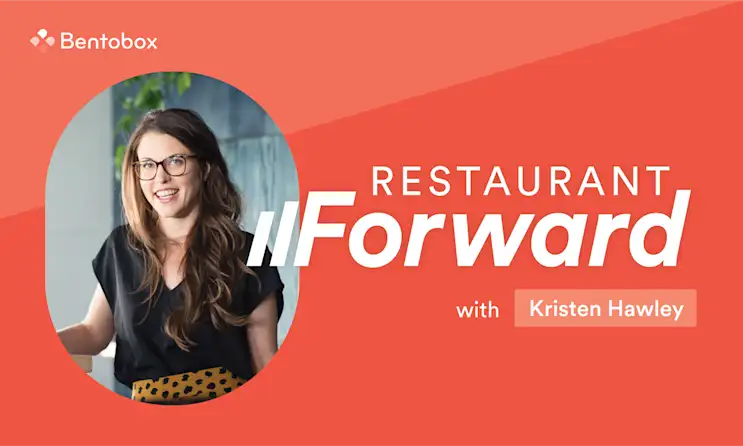Restaurant Forward
Caroline Schiff on How Restaurants Can Find and Keep Employees
Why a post-COVID focus on employees is changing the way restaurants engage and retain their people.
Restaurant Forward profiles the technology, trends and people changing the face of hospitality. Have a trend or industry expert you'd like to see featured? Send suggestions to RestaurantForward@getbento.com.
In nearly every sector of the economy, companies respond to tight labor markets by making their workplaces more attractive. As top talent bids up higher salaries, employers sweeten their offers with generous benefits and promises of a great work-life balance — anything to lure the right kinds of employee.
Traditionally, restaurants have not worked this way.
For as long as anyone can remember, the restaurant workplace has felt more like a wartime submarine than an office job. But when the pandemic forced a huge segment of the hospitality workforce into an involuntary meditation on their lives and careers, many workers realized they didn’t want to put up with wartime conditions any longer. Restaurants have taken notice.
Now, as the post-COVID staffing crunch has become something of an endemic crisis, restaurants are realizing that they, too, can do more to attract employees. Many in the industry are cheering on the change.
Caroline Schiff works on the front lines of this transformation. As the Executive Pastry Chef at Brooklyn’s Gage & Tollner, Schiff is vocal about wanting the kinds of benefits that her restaurant has implemented to become standard across the industry. We sat down with Schiff to understand the new ways hospitality is not only attracting, but retaining employees.

BentoBox: Where do you see the state of restaurant staffing right now?
Schiff: When restaurants shut down, we employees were left with nothing. The industry as a whole said, “Sorry, I can't help you.” It was this feeling of being totally left behind and nobody caring. I think a lot of people were like, “I need more stability. I need to know that I have savings and benefits if something terrible happens again.”
I personally know a lot of people who have left the industry permanently. I think that happened all over the place.
Do you think hospitality workers were surprised to learn how little they were valued?
I don't think people were that surprised, to be honest. I think the rug just got pulled out from under everybody's feet at once. But it forced our industry to really look at the employee experience, in a positive sense, and make changes.

The team at Gage & Tollner.
What are restaurants doing to bring workers back in?
I think we have a totally different attitude towards staffing now. Before COVID, you would make a job posting and not really get any resumes. And it was always just sort of like, Well, these are the wages and this is the job, and eventually we’ll find someone.
Post-COVID, more and more restaurants have been putting their employees first. They’ve been looking at ways to offer benefits and perks and insurance, but also mentorship and growth and really investing in teams that way.
At Gage & Tollner, for example, we don’t pay minimum wage. In New York City, minimum wage is not a living wage, so we just don’t do that. But we’re also looking to provide career pathing for employees: understanding what you eventually want to be doing and how we can help you get there. I’m really grateful to the partners and owners that we managers in the back-of-house get to hire awesome people and manage them. To make sure they're happy, make sure they like working there, and that they have everything they need.
Isn’t that kind of investment in employees something only a small fraction of restaurants can afford?
I understand how hard it is, with margins what they are, to adopt an employee-first system. But it’s working for us. And in the long run, I think it’s going to make the industry so, so much better.
You know, even before COVID there was a lot of turnover. We used to just think it was the nature of the industry. But people don't take into account how expensive it is to hire and train someone. One of the best things you can do for your business is find a way to retain employees. If that means higher wages, health insurance, matching 401(k), offering more paid vacation — all of these things — that actually saves you so much in the long run.
I think it also creates a better experience for guests, too. Hospitality starts with your people. Like, if your back of house is miserable, you're not doing hospitality. And it’s going to show up in the dining room.
Nobody should feel awful coming into work — especially if they’re serving other people.
So aside from a living wage, what does an investment in people look like?
Well, better compensation includes a larger approach to fair pay in general. It’s having vacation time and a retirement fund and insurance you can use. If someone comes in just to trail for a job, and they work for two hours, we pay them for their time. It’s an entire system of valuing the work done in the restaurant.
But putting people first involves so many other things, too. It's building a community. It’s mentorship: not just giving people jobs, but creating career paths. Really connecting with the people on your team and figuring out what their goals are and nurturing that to the best of your ability.
I have people who come through and say, “Listen, I don't think I'm a career kitchen person. But I really want to do this for a year. I'm really excited about breadmaking.” That’s no problem; I know that I’ll have their undivided attention for a year and then they can go off and do something else. That's one kind of career trajectory. Then I have people come to me saying, “I want to be a pastry chef. In 10 years, I want my name on the menu.” I'm like, “Okay, great. That's the path we're gonna push you to.”
Investing in employees is also making sure they have a healthy work environment. For years, kitchen culture was very toxic. It was like, you work 60–70 hours a week. If you don't, or you can't, you can't hack it. And you're not supposed to need days off, you're not supposed to need to sleep, you're not supposed to need to see your family. You're supposed to put the restaurant and your job above anything else. And that's crap.
That's not going to make happy, emotionally healthy team members who want to show up for the business. Nobody should feel awful coming into work, and nobody does their best work when they feel awful — especially if they’re supposed to be serving other people.
As a manager, I never want anyone on our team to miss out on something important to them because of the kitchen schedule. I take my job of playing Tetris with the schedule seriously. I always want to make things happen if I can. Not only does that mean so much to that person, but then the whole team is open to supporting each other. I also make it a point to cross-train everyone in the pastry department so that swapping shifts here and there is easy. If team members come to me and say they're swapping shifts because someone scored tickets to see their favorite band, I love that. And I know this added “benefit” incentivizes longevity at G&T. I say it all the time: it's such a nice place to work.

Chefs Mary Attea, Justin Burke, Caroline Schiff and Hong Thaimee (L–R) at BentoBox's Chef to Chef NYC dinner, July 13, 2022.
Are you seeing other restaurants trying to attract employees with this type of investment?
Oh, yeah. It's definitely happening. HR is becoming more of a thing, benefits are more common, restaurants are making sure everybody's getting paid for trails, and, you know, not offering unpaid internships and all that stuff. All of this is happening. Maybe not at every restaurant, but I'm definitely seeing a shift in the industry.
It's been awesome to talk to other chefs and managers and owners and HR people and sommeliers about just how they're building their culture and hiring and retaining people. So it's definitely happening. We weren't having discussions like this a couple years ago. It was different. I'm seeing more and more businesses approach staffing in a different way.
Follow Caroline Schiff @pastryschiff and Gage & Tollner @gage.and.tollner on Instagram.
Check out Caroline’s new cookbook, The Sweet Side of Sourdough: 50 Irresistible Recipes for Pastries, Buns, Cakes, Cookies and More.
Recommended

Restaurant Forward
Building Healthy Habits in the Kitchen with Michael Chernow
November 10, 2022
The restaurateur behind NYC’s Meatball Shop and Seamore’s on why more chefs are taking their health seriously, and how you can do the same.

Restaurant Forward
Intentional Hospitality in a Gentrifying World with Studio ATAO
November 21, 2022
How restaurants opening in disinvested neighborhoods can engage with their communities and be part of the solution.

Restaurant Forward
The Next Phase of Food Tech with Kristen Hawley
October 5, 2022
Restaurant technology’s favorite beat writer discusses the relaunch of Expedite, what’s coming for restaurants, and the biggest story of her career.

